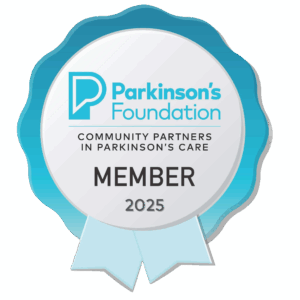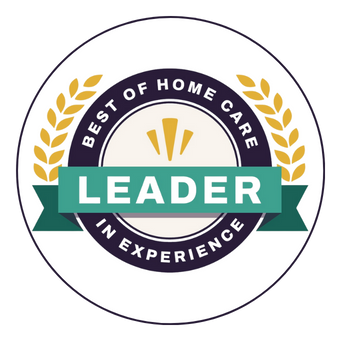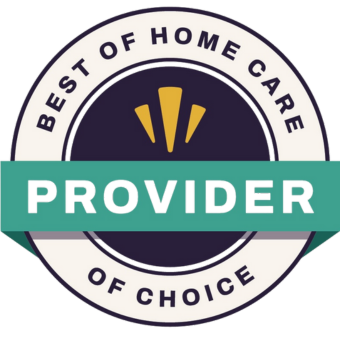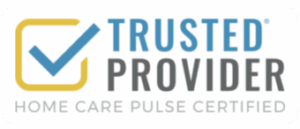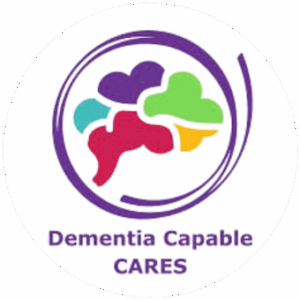
Senior Care in Chapel Hill NC: Preventing Agitation Associated with Alzheimer’s
If you’ve been experiencing agitation from your elderly family member due to her dementia, you probably feel as if there’s no way to avoid it. The good news, though, is that it’s definitely possible for you to help your senior to experience far less agitation every day.
Set up a Simple Routine for Every Day.
Your elderly family member needs a simple routine that helps to make sure that all her needs are accounted for right as they become necessary. This means that you start with a regular wake-up time, encourage her to eat and to drink plenty of fluids, and that you account for her other needs throughout the day. Make the routine simple for both her comfort and your own.
Maintain a Calm, Trigger-free Environment.
Stress, noise, and other triggers can ramp up agitation for your aging adult. They also tend to keep you on edge, which can have a direct effect on your elderly family member’s emotional reactions. Keep track of what seems to agitate your senior and work out ways to minimize those stressors in her environment.
Keep an Eye on Non-verbal Cues.
Your elderly family member may not be able to verbally tell you what she needs when she needs it, but her non-verbal cues can tell you a lot more than you might expect. Start learning how to read your aging parent’s body language and other cues so that you can start to anticipate her needs.
Incorporate Exercise, if Possible.
Talk to your loved one’s doctor about whether it’s alright for her to exercise. Sometimes agitation can be a side effect of having a little too much unused energy. Consider taking a walk together or finding ways for your elderly family member to get some exercise every single day.
Give Yourself Some Space.
Don’t forget that sometimes you need some space, too. Not giving yourself that room can keep you in a mental space that doesn’t provide a good atmosphere for your loved one. Hire senior care providers who have experience with dementia and then take time away so that you can come back refreshed and ready to tackle the next challenge.
Having tools in your toolkit to help you manage agitated behavior from your elderly family member gets you a step closer to keeping it under control for her.







